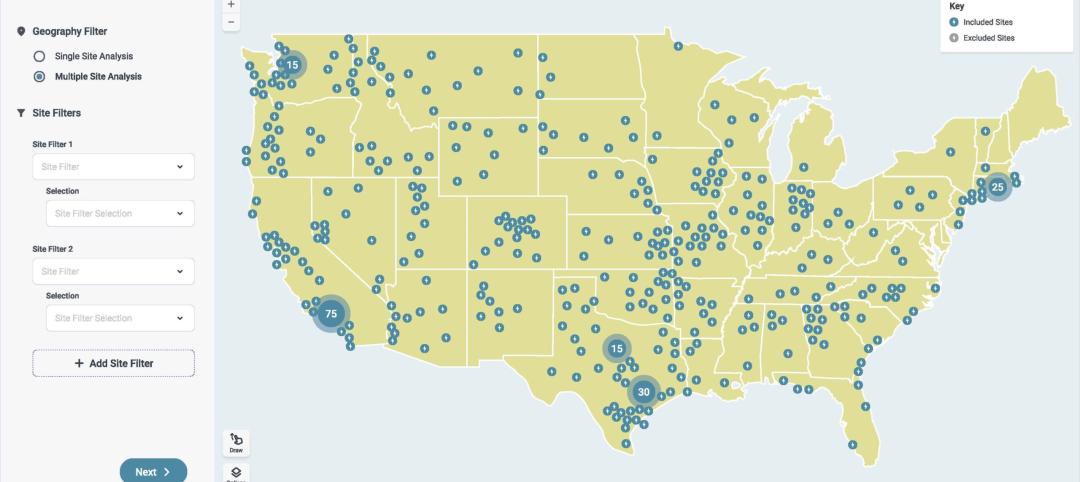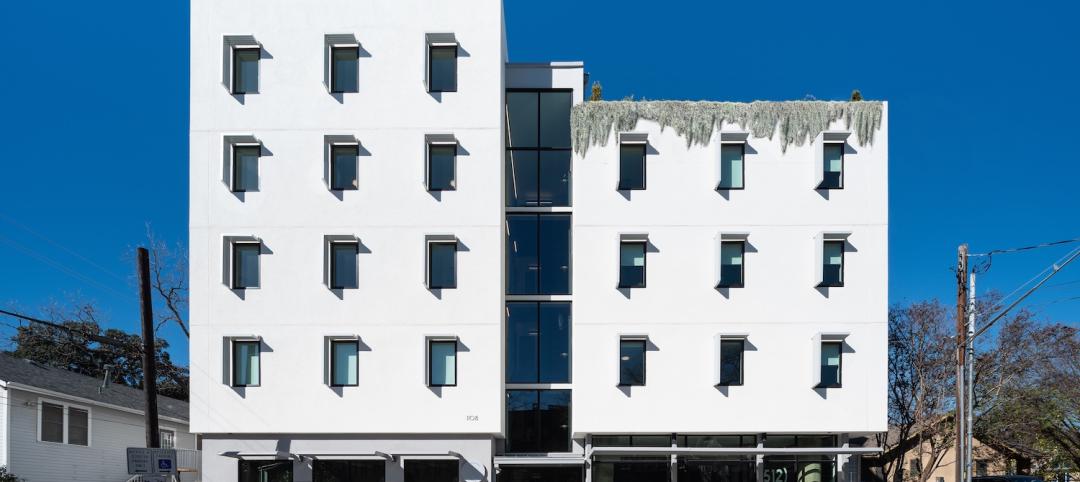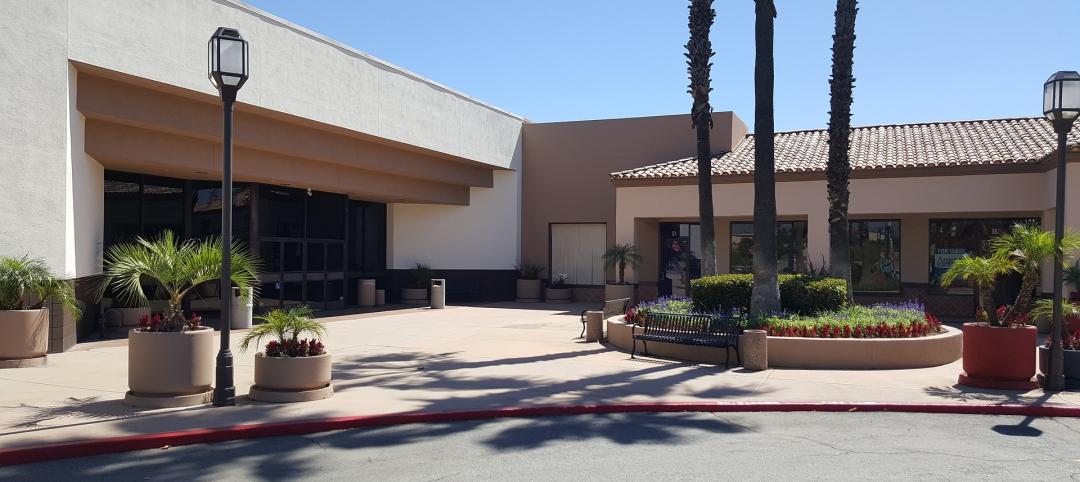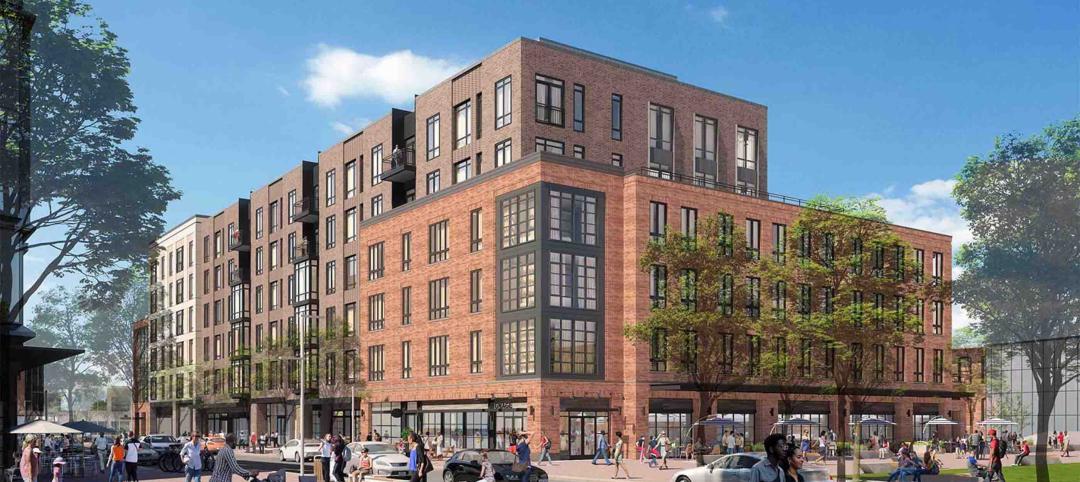Felicite Moorman remembers receiving a call from a multifamily property manager whose building was struggling with its thermostat system. “For one thing, the system wasn’t designed for multifamily; for another thing, the system had very little property management control capability,” she recalls.
The year was 2013, and Moorman was CEO of BuLogics, which specializes in providing wireless solutions for the Internet of Things. Her company had just launched StratIS, a wireless access, energy, and automation control, whose app gives property owners and managers the ability to create setbacks on thermostats and heating systems.
In short order, StratIS has made an imprint on the market. In 2014, it established a partnership with Jonathan Rose Companies, a green real estate policy, development, project management and investment firm, through which StratIS installed its pilot systems. Last year, StratIS struck a partnership with the door hardware manufacturer Schlage, which had introduced its Schlage Control Smart Locks that are designed for multifamily property owners, and whose ENGAGE technology enables lock control from the cloud via mobile applications that are compatible with StratIS’s access platform.
By late November 2015, StratIS had at least one of its products in 72,000 multifamily and hotel units in between 250 and 300 buildings. Moorman tells BD+C that between 14,000 and 20,000 of those units are student housing built by American Campus Communities. StratIS’s products also found their way into student housing developed and managed by Campus Apartments.
StratIS markets its software through distributors, integrators, and installers. “We give them something extra to sell,” says Moorman. She adds that StratIS’s products are relatively easy to install in new builds or renovations, with minimal resident disruption. “We precommission everything, which cuts down on the [complexity] of installation. I also test everything on my seven-year-old, and if she can’t use it, we try to figure out what happened.”
Property managers have the option of allowing renters to download StratIS’s thermostat-control app as part of their lease agreement.
Moorman says the next horizon for StratIS could be key cards, although she concedes there is far greater potential liability using this kind of technology for access into multifamily homes than in hotels. Longer term, Moorman sees opportunities for StratIS developing access- and HVAC-control products for the single-family housing market, which she acknowledges will be more competitive.
Related Stories
Transit Facilities | Dec 4, 2023
6 guideposts for cities to create equitable transit-oriented developments
Austin, Texas, has developed an ETOD Policy Toolkit Study to make transit-oriented developments more equitable for current and future residents and businesses.
Multifamily Housing | Nov 30, 2023
A lasting housing impact: Gen-Z redefines multifamily living
Nathan Casteel, Design Leader, DLR Group, details what sets an apartment community apart for younger generations.
Products and Materials | Nov 30, 2023
Top building products for November 2023
BD+C Editors break down 15 of the top building products this month, from horizontal sliding windows to discreet indoor air infusers.
Engineers | Nov 27, 2023
Kimley-Horn eliminates the guesswork of electric vehicle charger site selection
Private businesses and governments can now choose their new electric vehicle (EV) charger locations with data-driven precision. Kimley-Horn, the national engineering, planning, and design consulting firm, today launched TREDLite EV, a cloud-based tool that helps organizations develop and optimize their EV charger deployment strategies based on the organization’s unique priorities.
MFPRO+ Blog | Nov 27, 2023
7 ways multifamily designers can promote wellness in urban communities
Shepley Bulfinch's Natalie Shutt-Banks, AIA, identifies design elements that multifamily developers can use to maximize space while creating a positive impact on residents and the planet
MFPRO+ New Projects | Nov 21, 2023
An 'eco-obsessed' multifamily housing project takes advantage of downtown Austin’s small lots
In downtown Austin, Tex., architecture firm McKinney York says it built Capitol Quarters to be “eco-obsessed, not just eco-minded.” With airtight walls, better insulation, and super-efficient VRF (variable refrigerant flow) systems, Capitol Quarters uses 30% less energy than other living spaces in Austin, according to a statement from McKinney York.
MFPRO+ News | Nov 21, 2023
California building electrification laws could prompt more evictions and rent increases
California laws requiring apartment owners to ditch appliances that use fossil fuels could prompt more evictions and rent increases in the state, according to a report from the nonprofit Strategic Actions for a Just Economy. The law could spur more evictions if landlords undertake major renovations to comply with the electrification rule.
MFPRO+ News | Nov 21, 2023
Underused strip malls offer great potential for conversions to residential use
Replacing moribund strip malls with multifamily housing could make a notable dent in the housing shortage and revitalize under-used properties across the country, according to a report from housing nonprofit Enterprise Community Partners.
MFPRO+ News | Nov 21, 2023
Renters value amenities that support a mobile, connected lifestyle
Multifamily renters prioritize features and amenities that reflect a mobile, connected lifestyle, according to the National Multifamily Housing Council (NMHC) and Grace Hill 2024 Renter Preferences Survey.
Sustainability | Nov 20, 2023
8 strategies for multifamily passive house design projects
Stantec's Brett Lambert, Principal of Architecture and Passive House Certified Consultant, uses the Northland Newton Development project to guide designers with eight tips for designing multifamily passive house projects.
















